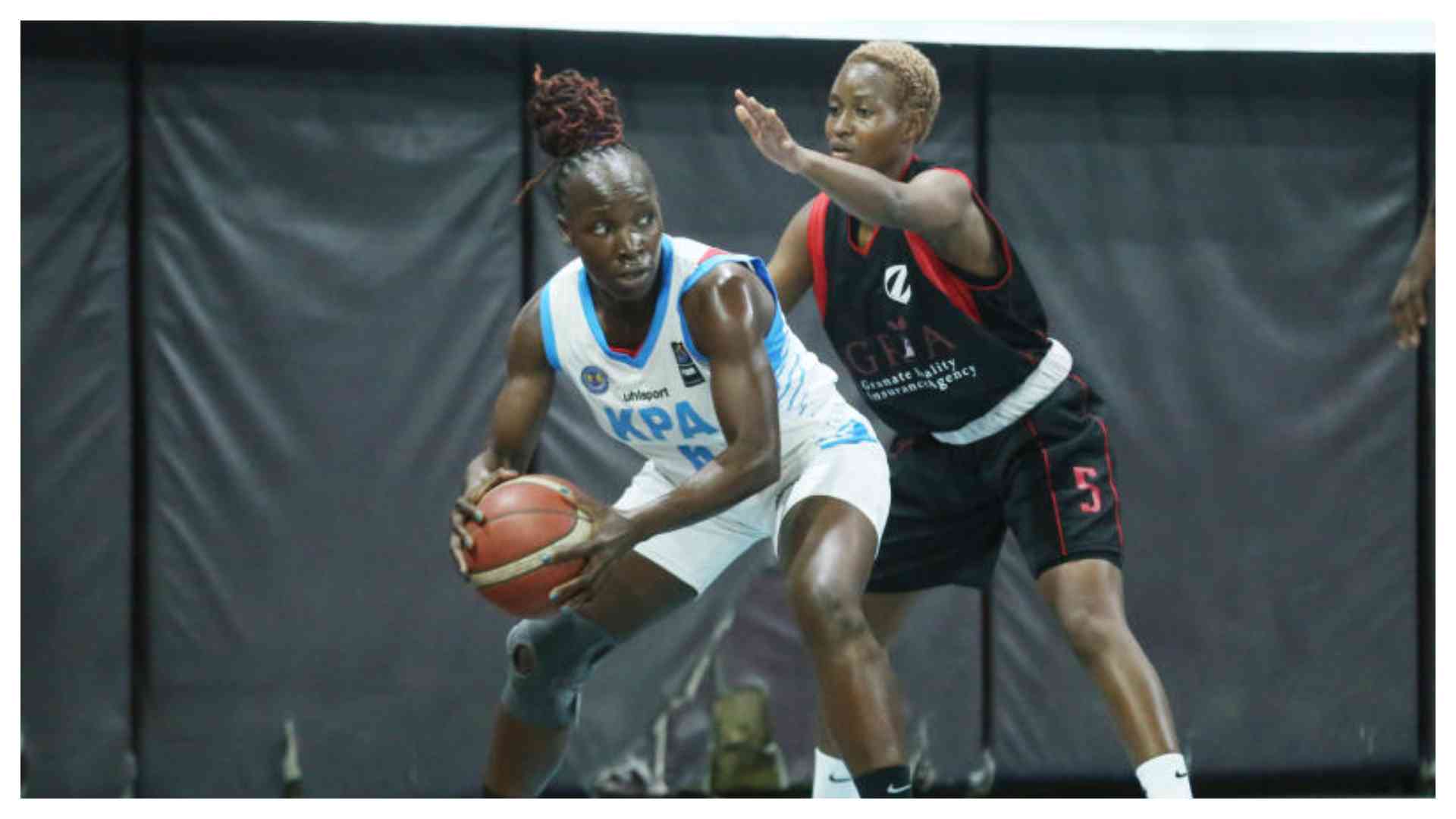
Audio By Vocalize

Albinism is a rare genetic condition that causes the lack of pigment in skin, hair, and eyes, sometimes accompanied by visual impairment. According to the 2019 census, 900000 Kenyans live with some form of disability. Of this, 9,729 are persons with albinism (PWA).
PWA face challenges that pose huge barriers that relegate them to a vicious cycle of poverty and exclusion, thus deterring them from realising their full potential. One of the areas where these challenges have been manifested is in the education sector where Learners with Albinism (LWA) are inhibited in achieving their academic goals.
